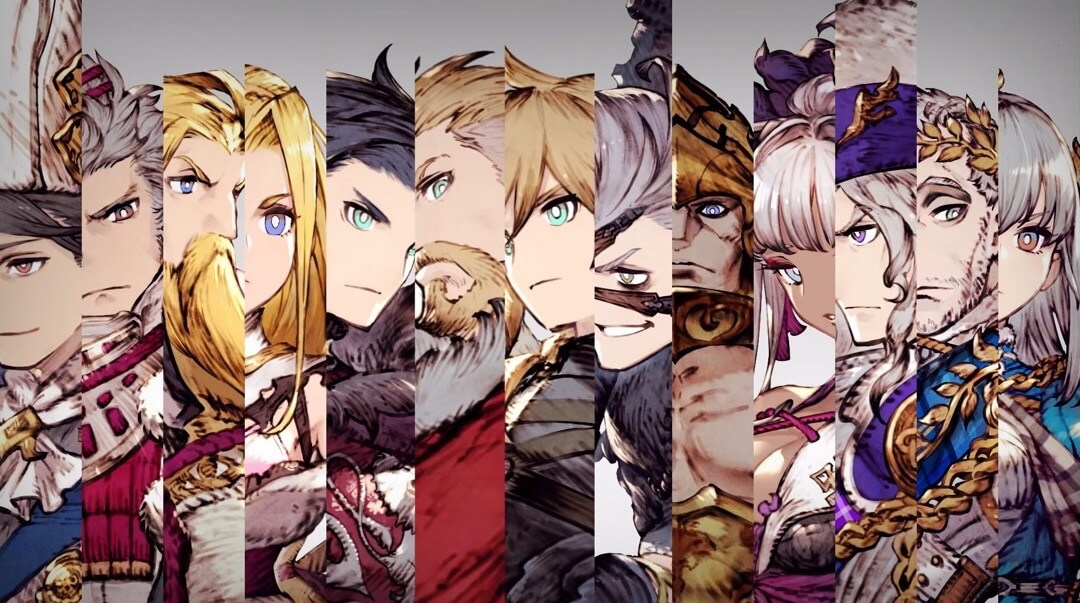Hearthstone has slowly been branching out over the years, moving away from just supporting the standard competitive format of the card game. Sometimes that’s something as elaborate as single-player adventures or experimental like the eight player auto chess mode Battlegrounds. The game’s newest mode, Mercenaries, moves even further away from the game’s core formula in order to offer a nimble and engaging turn-based RPG. Players build up a team of mercenaries, equip them with gear and level up their abilities, then use them to brawl with a series of baddies.
In Hearthstone’s Mercenaries mode, I am able to collect a variety of heroes from the entire span of Warcraft’s vast history. The canon is entirely out the window, here, and I can go ahead and build a squad out of any collection of action figures I both like and happen to acquire. They’re divided into a holy trinity, with a rock-paper-scissors logic to them: Casters, Protectors, and Fighters. I build a party of six heroes, with only three on the board at any one time.
Each hero has a set of unique abilities, so as I acquire new ones through gacha mechanics and in-game rewards, I mix and match based on who I like and who I don’t care for. Rokara, for instance, synergizes with other orcs, so I shelf her early on Meanwhile, Milhouse Manastorm’s arcane powers are so strong that I begin hunting down other arcane heroes like the Blink Fox so I can beat up monsters and other players alike.
Combat is pretty simple. I choose my abilities, the enemy chooses theirs. Each ability is ranked by speed, and we make all of our decisions at once and then watch things manually play out. There’s enough strategy to keep things interesting: Do I nerf an enemy’s attack power and do a little damage, or focus heals on my tank in an attempt to keep my squishy casters alive? I’m never overwhelmed or frustrated.
Once I find my feet and go through the game mode’s tutorial, I start hitting up bounties. Each bounty requires me to pick a path littered with individual encounters — would I rather fight a band of enemy heroes for some extra experience, or mow through an easy Fighter mission? Will the branch ahead lead to a spirit healer that lets me resurrect a fallen hero, or should I choose a random boon to all Casters? Every run is short and self-contained. Failure doesn’t apply any lasting or meaningful penalty. No matter what I do, I get some kind of reward — a piece of treasure that buffs my current run, a new character, some random shards for characters I don’t own but might in future.
These copious awards are actually the most annoying part of Mercenaries. Sometimes I’m bopping along, having a great time, and then I crack open a reward pack and the game showers me with shards for a bunch of characters I don’t own. It’s a reminder that no matter how happy I am with my personal progress, there are tons of fantastic, top-tier characters I don’t own. And starting the game on a clean account feels very different than doing it after dropping $50; a strong roster will smooth the path ahead very nicely.
Mercenaries has a solid loop with that sticky one-more-turn draw, but I’m wary of the monetization model just overhead. Before I even load up the game, Blizzard reminds me through the client that I could spend $50 on a bundle of random shard packs, headlined by either the Lich King or Diablo. (If I want Sylvanas, the Lich King, and Diablo, plus a whole bunch of packs full of random shards for a killer starter team, that’ll run me $130.)
It’s nice to have a playground for Warcraft lore, especially one that’s detached from the increasingly complex and elaborate main plot of World of Warcraft. However, Hearthstone publisher Activision Blizzard faces wide-ranging allegations that it maintains a toxic workplace environment that’s particularly hostile to women. California’s Department of Fair Employment and Housing (DFEH) investigated the company for two years before filing the lawsuit, and found that women are paid less and subject to sexual harassment, without meaningful punishment applied to perpetrators. It makes it hard to uncritically engage in a romp through the Barrens or Winterspring, especially when packaged with an aggressive monetization scheme and gacha mechanics.
Source: Polygon





















